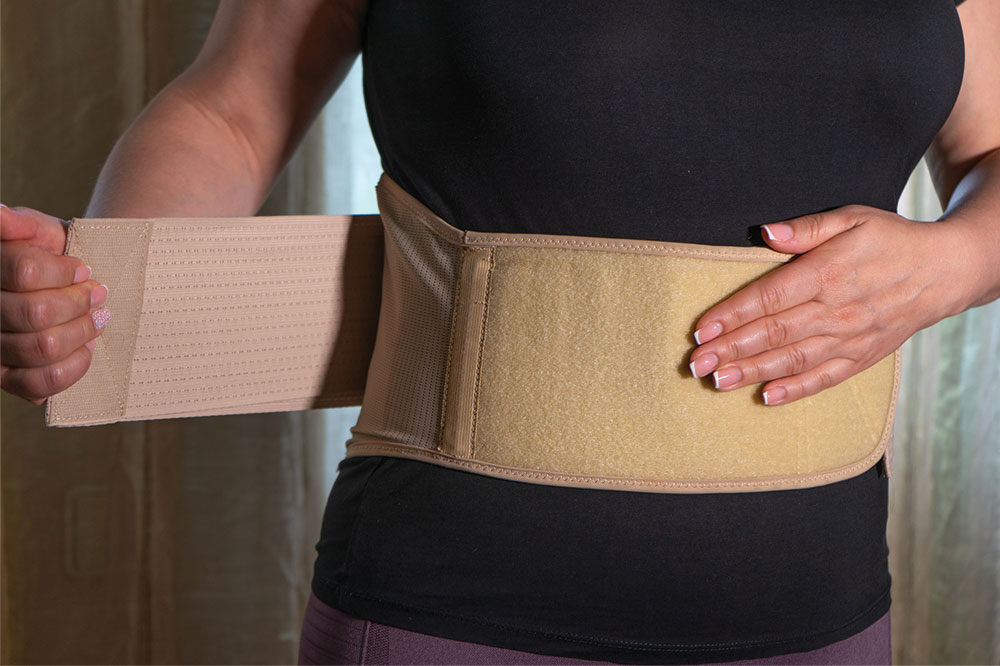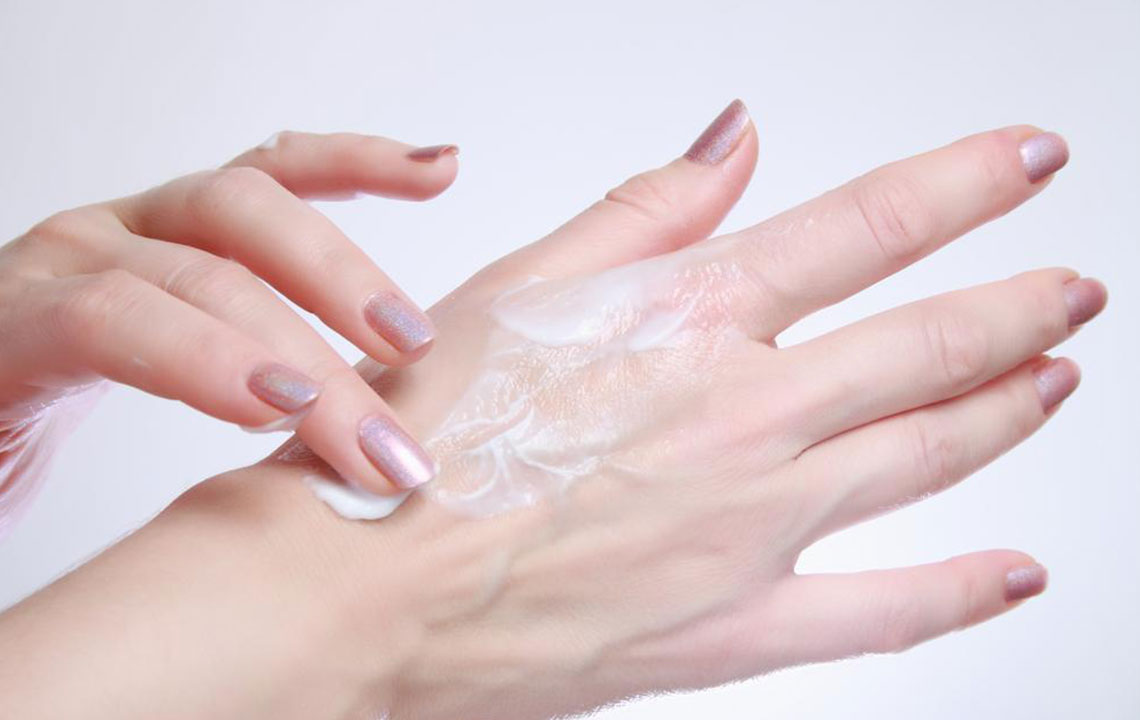Effective Strategies for Treating Herniated Discs
This article offers practical tips for managing herniated discs, emphasizing early diagnosis, tailored treatments, and lifestyle modifications. It covers physical therapy, medications, and preventive strategies to alleviate pain, improve mobility, and promote recovery. Understanding risk factors and timely intervention are key to avoiding chronic issues and supporting spinal health.
Sponsored

A herniated disc, often called a slipped disc, is a condition affecting the spine's structure. It occurs when the outer fibrous layer tears, allowing the soft inner material to protrude outward. Typically forming between the lumbar vertebrae in the lower back, these discs act as cushions to absorb shocks during movement. As age or injury weaken the disc, the inner part can push through the outer layer, pressing on nearby nerves, leading to pain and discomfort.
Risk Factors for Disc Herniation
Factors like spinal wear and tear, heavy lifting, or awkward twisting increase the risk. Preventive tips include avoiding strenuous lifting and improper twisting. If you experience radiating pain down your limbs or signs of sciatica, seek prompt medical attention to prevent further complications.
Diagnosis typically involves MRI scans to confirm the herniation. Treatment focuses on pain relief and symptom management, tailored to the severity and location of the issue. Addressing the problem early helps prevent chronic pain and nerve damage. The treatment plan depends on individual symptoms, pain intensity, and overall health.
Key treatment methods include:
Physical Therapy: Including aerobic activities like walking or cycling, stretching routines, ultrasound therapy, heat and cold applications, hydrotherapy, and TENS to reduce pain and strengthen supporting muscles.
Rest and Movement: Short-term bed rest can alleviate pain, but prolonged inactivity should be avoided. Gentle movement prevents stiffness and promotes healing.
Medications: Over-the-counter pain relievers can reduce swelling, but should not be used long-term without medical advice. Prescription medications, such as muscle relaxants and nerve pain reducers, may be recommended if initial treatments are ineffective. Always consult a healthcare professional before medication use to avoid adverse effects.






